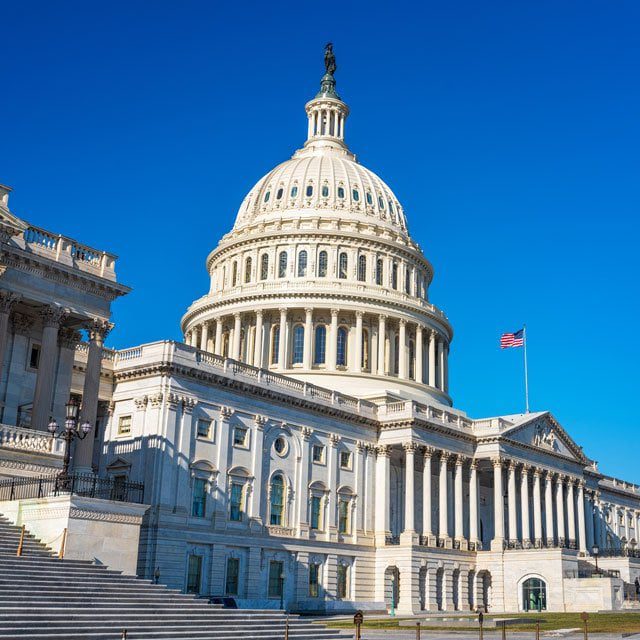House Panel OKs Bill to Limit Data Collection From Insurers

What You Need to Know
The Insurance Data Protection Act would eliminate the ability of the Federal Insurance Office to issue subpoenas.
House Joint Resolution 120 would curb Financial Stability Oversight Council moves to put nonbanks under Federal Reserve oversight.
Both measures passed in committee on strict party-line votes.
Republicans in Congress are clashing with U.S. Treasury Department officials over whether it can require insurers to send in data.
Members of the House Financial Services Committee voted Wednesday to approve H.R. 5535, the Insurance Data Protection Act bill. The bill would sharply limit the ability of the Treasury’s Federal Insurance Office and its Office of Financial Research to collect data directly from insurers.
The committee also approved House Joint Resolution 120, a measure that would express congressional opposition to the new procedures the Financial Stability Oversight Council says it will use to decide whether insurers, asset managers and other nonbanks are “systemically important financial institutions” and need oversight by the Federal Reserve Board.
Members of the voted on both measures strictly on party lines, using a new electronic system, with all Republicans present supporting the measures and all Democrats present opposing them. The meeting was streamed live on the web, and Perry McHenry, the small son of Rep. Patrick McHenry, R-Va., the committee chairman, sat on his father’s lap while voting was underway.
What it means: Prospects for H.R. 5535 and the H.J. Res. 120 appear to be dim, because the administration of President Joe Biden strongly opposes them.
But fights over whether Rep. Mike Johnson, R-La., should continue to be the House speaker and efforts to maneuver a Ukraine aid bill through the House may have created new opportunities for Republicans to pass bills.
The Insurance Data Protection Act: Congress created the Federal Insurance Office through a provision in the Dodd-Frank Act of 2009. FIO supporters see the office as a tool for giving Treasury officials a way to get the kind of information about the insurance industry that might have helped prevent the 2007-2009 financial crisis.
The Insurance Data Protection Act would eliminate the FIO’s subpoena power; require it to work with state insurance regulators before asking insurers directly for data; and require the office to respect any confidentiality requirements that normally would apply to any insurance company data received.
The bill has 25 Republican co-sponsors and no Democratic co-sponsors.
The House Financial Services Committee shares jurisdiction over the bill with the House Agriculture Committee.
Discussion during the House Financial Services “markup,” or business meeting, focused mainly on issues related to property and casualty insurance, such as FIO efforts to collect data on insurers’ vulnerability to climate change and rising homeowners insurance prices, rather than on issues directly related to life insurance or annuities.
The sponsor, Rep. Scott Fitzgerald, R-Wis., said the FIO effort to collect climate change exposure data was an example of how the FIO has become increasingly aggressive, in ways that might threaten customer data confidentiality. “Keep insurance regulated at the state level,” he said.




